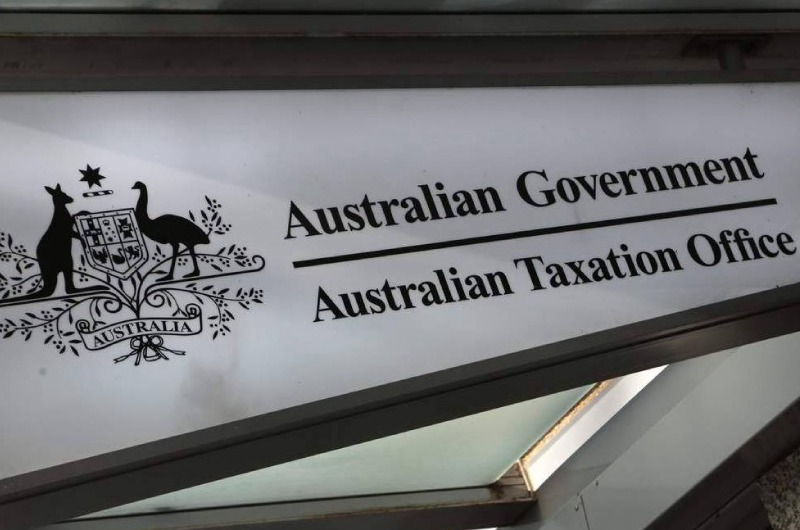Equipping professional accountants for sustainability
The International Federation of Accountants has developed a concise resource to guide accounting professionals and...
READ MORE
The Tax Office has turned its focus on people earning income through car-sharing platforms, as it continues its examination of incorrect claims relating to work-related car expenses.

ATO assistant commissioner Kath Anderson said in a statement that it’s important for taxpayers to include car sharing in their tax returns no matter how little they earn through the activity.
“It’s no different to anyone else renting out an asset, like a house or a car park. You must declare the income and you cannot avoid tax by calling it a hobby,” Ms Anderson said.
“Whether you are a digital native or an electronic illiterate, it will be difficult to avoid scrutiny as the ATO has sophisticated systems and data to help identify where sharing platforms are being used to generate income.”
Ms Anderson noted that individuals who rent their vehicle are entitled to claim some deduction; however they must relate directly to the renting, hiring or sharing of the vehicle, and accurate records such as receipts must be maintained to back up all claims.
“Car sharers can legitimately claim deductions for expenses like platform membership fees, availability fees, cleaning fees and car running expenses. However, a deduction can only be claimed for cleaning and running expenses if you are responsible for them under your car sharing agreement,” she said.
“For example, different agreements require either the car borrower or the car owner to bear the costs of refuelling the car. You can only claim expenses to the extent that you paid for them.”
In May, the ATO reaffirmed its clampdown on individuals claiming more than they are entitled to around work-related car expenses.
Ms Anderson said car owners need to be aware that deductions for car-running expenses may differ depending on your circumstances.
“For cars designed to carry a load of less than one tonne, you can use the cents-per-kilometre method or the logbook method. But if you are sharing your motorbike or your vehicle is designed to carry more than one tonne or more than eight passengers, the rules are a bit different as you cannot use the cents-per-kilometre method.” Ms Anderson said.